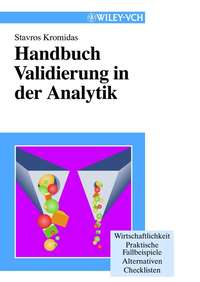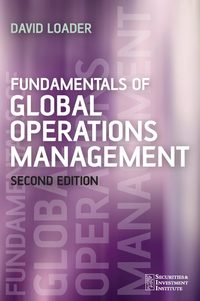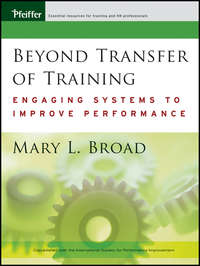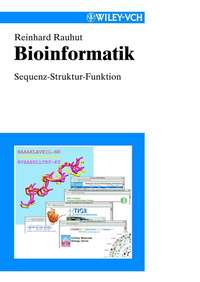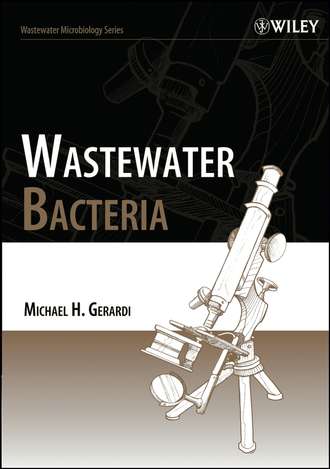
Полная версия
Wastewater Bacteria
A practical guide to wastewater bacteria and the roles they perform in wastewater treatment Communicating material in a practical manner for operators and technicians who regulate and troubleshoot their wastewater treatment processes, Wastewater Bacteria discusses the effective control and proper operation of aerobic (activated sludge) and anaerobic (anaerobic digesters) biological treatment units to ensure that an adequate, active, and appropriate population of bacteria is present in each treatment unit. It is a hands-on guide to understanding the biology and biological conditions that occur at each treatment unit. Avoiding unnecessary technical jargon and chemical equations, Wastewater Bacteria, the fifth book in the Wastewater Microbiology Series, explores and explains: * Bacteria and the wastewater environment * Enzymes and sludge production * Nitrogen, phosphorus, and sulfur bacteria * Floc formation and filamentous organisms * Nitrification and denitrification * Sulfate reduction, fermentation, and methane production * Toxicity * Foam and malodor production The goal of Wastewater Bacteria is to enable plant operators to achieve the twofold basic objectives of wastewater treatment-to degrade organic wastes to a level where a significant, dissolved oxygen demand is not exerted upon receiving waters and to remove nutrients to levels where photosynthetic organisms in receiving waters are limited in their growth. This straightforward manual equips plant technicians to meet these objectives with essential information to understand the biological processes and organisms involved in wastewater treatment.




